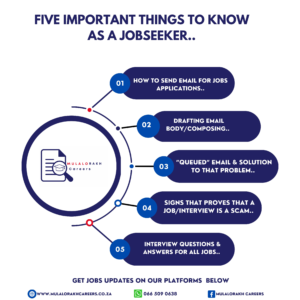(1) START LOOKING EARLY
Find out when your industry hires. In general, the larger the company, the earlier in the fall they are likely to start the process for the internship class the following summer. If your school has a fall career fair, that’s a great place to start your search.
Smaller companies have a harder time projecting headcount and therefore tend to hire closer to when they need someone to get started. That could mean that applications must be submitted anytime between January and March for a summer internship, so be sure to check deadlines in the fall, even if you’re targeting smaller organizations.
If you are looking for a fall or spring internship, try to begin your search at least a full semester before your intended start date.
(2) GET YOUR CV/RESUME AND COVER LETTER IN SHAPE
Follow these five steps to writing an internship resume and read about how to write an internship cover letter. (There are examples at the end of each article!) You may not feel like you have a lot of experience to write about, but as long as you keep an open mind about what the “experience” encompasses, such as course assignments, hackathons, projects volunteering. or other extracurricular activities, you can probably put together an attractive application.
(3) PREPARE FOR THOSE INTERVIEWS
It can be tempting to improvise, especially since interview invitations can often make them sound like casual conversations. Do not be fooled. Review common internship interview questions and practice answering them out loud. You don’t need to memorize your answers, but definitely practice them.
Be sure to do a little research on the company – what it does, what it is currently working on, and what its culture is like. If you want to be more prepared, dig a little deeper to see what their interview practices are like and what questions they ask (if you have a contact in the organization, reach out!). Lastly, if possible, try to learn more about your specific interviewers on the company website, LinkedIn, or other professional pages. Use all of your research to come up with relevant questions to ask at the end of your interview.
(4) USE YOUR NETWORK
If you are a student, contact professors, alumni, and your career center. Let people know what kind of internship you are looking for. They cannot help unless they know what you are looking for. I don’t mean to go and ask an alumnus you’ve never met before to give you an internship. Instead, tell them what interests you and ask them for advice on how to get there.
To get even more specific with your network, create a list of companies that interest you and start finding people to reach out to through LinkedIn or your school’s alumni database. Also apply online to make sure you don’t miss any deadlines, but keep meeting people and conducting informational interviews to get advice on your search. You may even find yourself in an impromptu interview and land the internship of your dreams.
Networking is often a more labor-intensive approach, but it also tends to result in a better fit than just applying randomly. Even if it doesn’t directly yield results in your internship search, you will one day be glad that you started developing your network early in your career.








